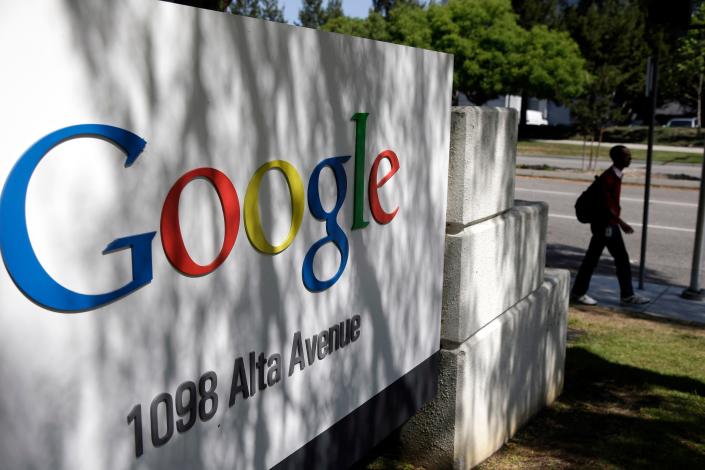WASHINGTON – The Supreme Court on Thursday dodged a thorny debate over whether Big Tech companies such as Google can be sued for their recommendations in a case some experts warned could fundamentally change the way the internet works.
At issue in Gonzalez v. Google was a controversial law known as Section 230, which has been widely interpreted as shielding websites from lawsuits for user-generated content. The question for the court was whether recommendations – such as a suggestion for the next video to watch on YouTube – are covered under that law.
The bottom line was that the decisions would likely make it harder for people to sue tech companies for abetting in terrorism but the high court left for another day broader questions about Section 230.
The family of a 23-year-old American killed in a 2015 terrorist attack in Paris sued Google, which owns YouTube, for promoting videos dealing with the Islamic State group.
But instead of dealing with the Section 230 issue raised in that case directly, the court decided another, related dispute involving a Jordanian man killed in an ISIS attack in Istanbul in 2017. His relatives, who are U.S. citizens, sued Twitter, Google, and Facebook for aiding and abetting the Islamic State group in violation of a federal law.
The question in that case was whether the platforms could be held liable for aiding the group under the Anti-Terrorism Act. Because the Supreme Court ruled Thursday in the Twitter case that the families could not sue the companies under the law, there was no need to decide whether the Big Tech firms could raise Section 230 as a defense against such a suit.
Justice Clarence Thomas wrote the Twitter case for a unanimous court. The court dispense with the Section 230 case in a brief, unsigned opinion.
Thomas: As Supreme Court takes up Google, Thomas has made his thoughts clear
Politics: Trump, Biden vs. Facebook, Twitter: Why Section 230 could get repealed
Tracker: A look at the key cases pending before the Supreme Court
Google and other internet platforms had argued recommending content is a “central building block” of the internet and that recommendations aren’t endorsements. If platforms could be liable for those suggestions, they said, it might significantly change what gets recommended on search engines and even online shopping sites.

During oral arguments in February, it was clear that justices from both ends of the ideological spectrum seemed concerned about a sweeping decision.
Enacted back when Americans were still dialing into the internet, the law says “interactive…computer services” can’t be treated as publishers for providing content posted by others. In other words, Twitter can’t be sued for a libelous tweet posted by a user. The law also shields Big Tech from liability for moderating content.
Section 230 drew intense criticism from former President Donald Trump over accusations that social media companies throttled conservative views. But many Democrats agree, for different reasons, that the law needs an update.
This article originally appeared on USA TODAY: Google vs. Section 230: Supreme Court dodges fight over internet recs

